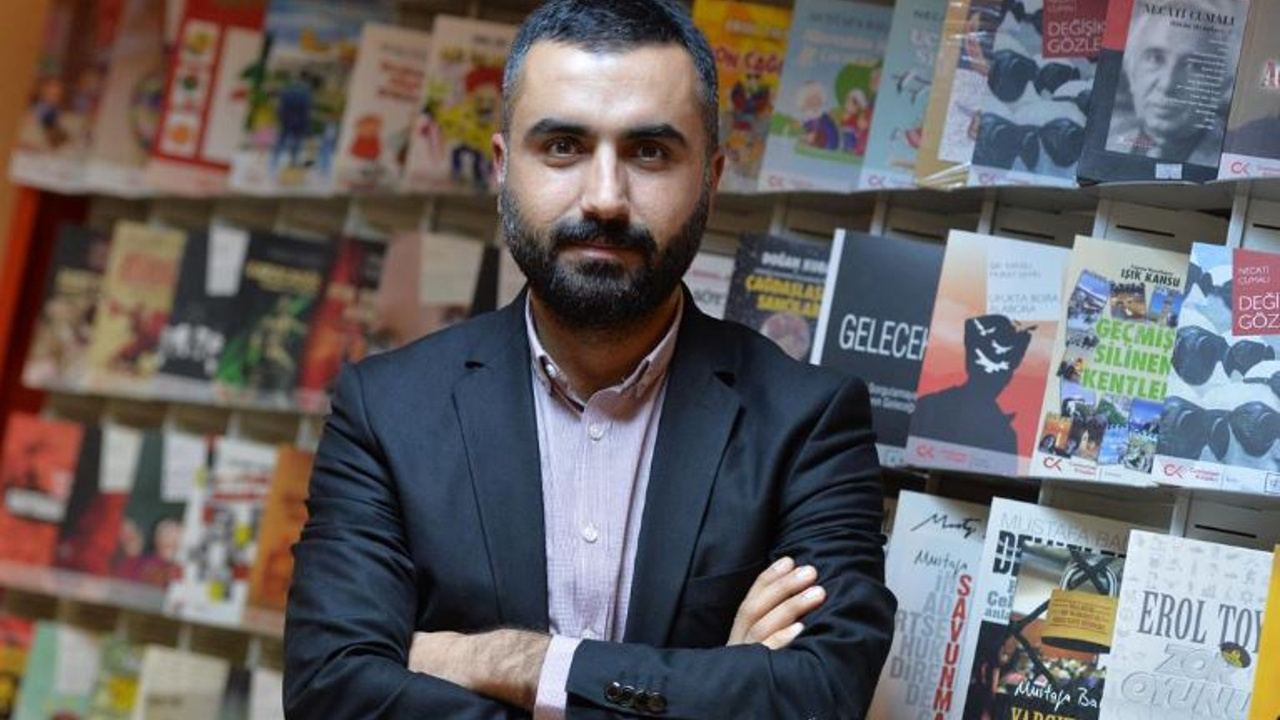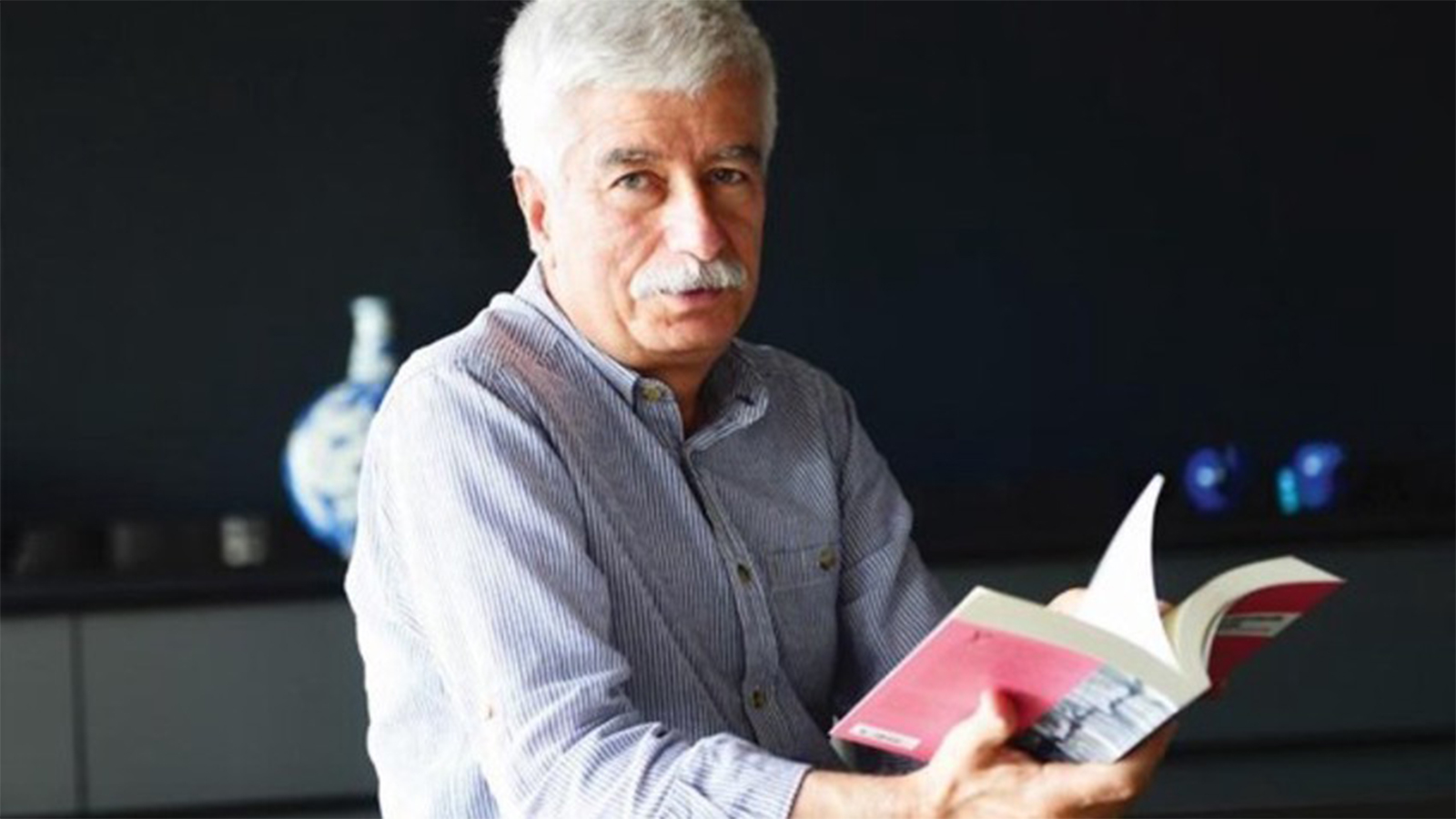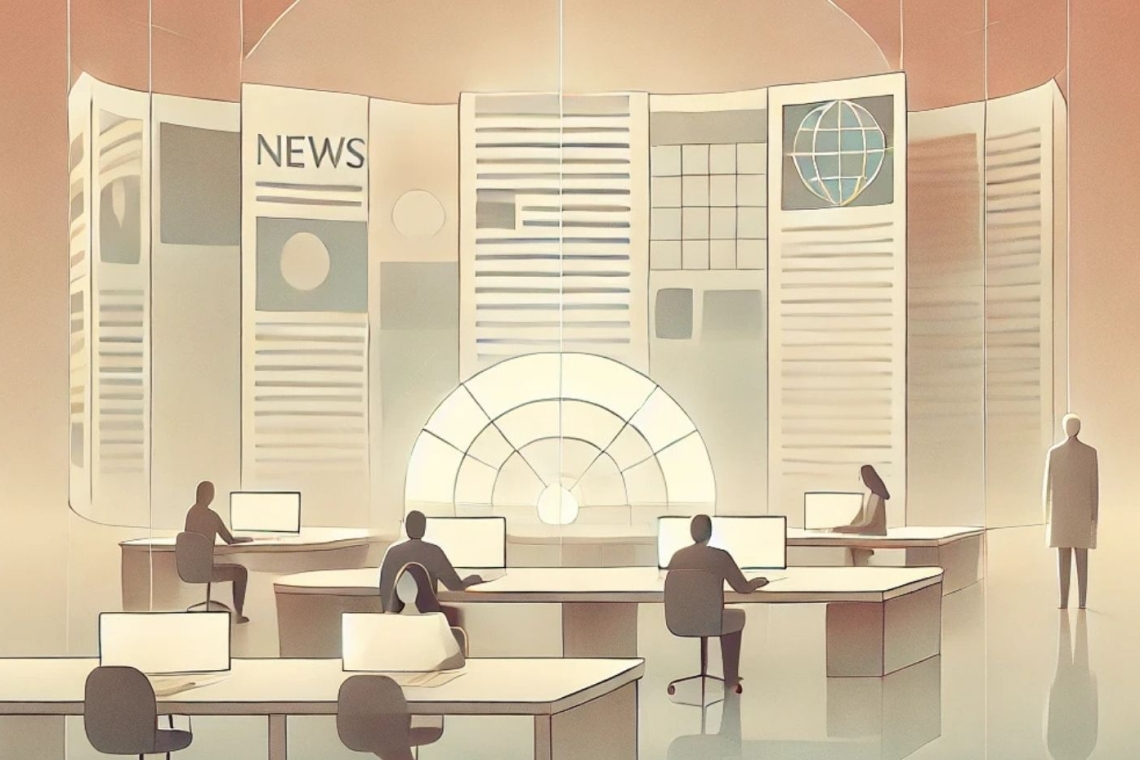The Article 217/A, which came into effect in Turkey in late 2022, has become known to the public as the "censorship law" and has raised serious concerns regarding freedom of expression. Criticized for its vague definitions and broad scope for interpretation, this law was particularly used as a tool of pressure on journalists and social media users following the February 2023 earthquake. Many individuals advocating for the public's right to access information faced investigations, detentions, and lawsuits, further deepening fear and self-censorship in society. As the Media and Law Studies Association (MLSA), we have launched the Censorship Law Series, which examines the implementation of this law, its societal impact, and its consequences on freedom of expression with contributions from journalists.
Elif Akgül
Fighting disinformation has become a key issue globally over the past decade. In Turkey, the ruling Justice and Development Party (AKP) established the Disinformation Combat Center (DMM) in 2022, claiming it would counter false information. However, journalists argue that instead of tackling disinformation, the center has been working to suppress factual information.
The head of Turkey’s Presidential Communications Directorate, Fahrettin Altun, announced the launch of the DMM on Jan. 5, 2022, via what was then known as Twitter. Altun described it as a specialized unit formed within the Communications Directorate to counter “systematic disinformation campaigns against our country.” The center was placed under the leadership of İdris Kardaş, the former general coordinator of Boğaziçi Global Affairs Center, an organization known for its proximity to the AKP government.
Despite the Constitutional Court's decision on Aug. 2, 2024, to annul a presidential decree establishing the Strategic Communication and Crisis Management Department—under which the DMM was structured—the center remains active under the Communications Directorate's organizational framework. The ruling came in response to a legal challenge filed by 134 lawmakers, including main opposition Republican People’s Party (CHP) leader Özgür Özel.
ISIS suspects' release reignites concerns
DMM’s role and function were thrust back into the spotlight after journalist Alican Uludağ reported on the release of six individuals linked to the June 28, 2016, attack on Istanbul’s Atatürk Airport, carried out by ISIS. The suspects were released on the grounds that they had already served more than the required prison time for their sentences.
Following the publication of Uludağ’s report, the DMM issued a statement on its X account, claiming that the news had led to “distorted interpretations” and that it had created the false impression that “the perpetrators of the terrorist attack were released.” The center urged the public not to believe such “baseless claims.”
The DMM’s statement emphasized that the six individuals in question had been detained for eight years and were not the perpetrators of the attack. Instead, they were convicted of crimes such as ISIS membership and financing terrorism. The court had ruled that their time served was sufficient for the sentences they had received, leading to their release.
Journalist Uludağ defends his report

In response, Uludağ defended his reporting, posting court documents from Istanbul’s 13th High Criminal Court and a ruling from the Court of Cassation’s 3rd Criminal Chamber. He accused the DMM of engaging in disinformation itself, stating, “How did the Disinformation Combat Center openly spread disinformation?”
Speaking to the Media and Law Studies Association (MLSA), Uludağ described the DMM’s post as a “false statement,” pointing out that the individuals had actually been convicted of aiding the attack. “The DMM claimed these suspects were only tried for ISIS membership, but in reality, they were sentenced to 45 aggravated life sentences for their involvement in the attack,” he said.
Uludağ argued that the center’s real aim was to manipulate public perception and minimize public outrage. “If their true concern was to prevent the public from being misled, they would answer journalists' questions transparently,” he said.
Media ombudsman: A propaganda tool

Media ombudsman Faruk Bildirici echoed Uludağ’s concerns, accusing the DMM of deliberately misrepresenting news stories. “They reveal only part of the truth while discrediting the other part as disinformation, making it seem like the entire report is false,” he said, calling this a “propaganda tactic.”
Bildirici also pointed out that the DMM systematically targets opposition media but never corrects misinformation from pro-government outlets. “This shows that their real goal is not to fight disinformation but to suppress criticism, objections, and unfavorable truths,” he said.
He added that journalists are frequently denied access to official information. “The state issues official statements, but only selective truths are revealed. A partial truth is not the whole truth. Unfortunately, in Turkey today, official statements often do not provide enough information to uncover the full reality.”
Presidential Communications Directorate blocks access to journalists
Uludağ further claimed that the government makes it nearly impossible for independent journalists to access official information. “Ministries and the president invite only selected journalists to press conferences, often those who will ask pre-approved questions,” he said.
He recounted an incident from 2019 when he was invited by Turkey’s Court of Cassation to attend the Judicial Year Opening Ceremony at the Presidential Complex. Despite the invitation, he was denied entry. “Fahrettin Altun personally prevented my attendance because of a report I had written the previous year while working at Cumhuriyet,” he said.
Bildirici: A state that suppresses information
Bildirici described Turkey as a “closed-off state,” arguing that the DMM’s true function is not to fight disinformation but to suppress information. “They are actively working to block access to accurate information, while exerting total control over public institutions to prevent transparency,” he said.
“What they are actually doing is government propaganda,” he added. “Every mistake or criticism of the government is labeled as disinformation. In reality, they are simply working to protect the ruling party’s narrative.”



